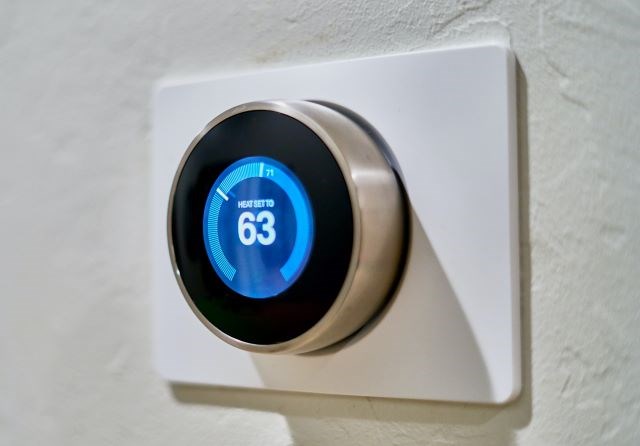The cold might be easing, but its impacts are still being felt by Platte River Power Authority, which in a Facebook post on Tuesday afternoon asked customers in Longmont, Estes Park, Fort Collins and Loveland to reduce their electricity use between 4 and 10 p.m. today.
“Unprecedented cold weather and ice are impacting the functionality of our wind turbines and solar fields and we’re experiencing a natural gas shortage,” the power provider stated in the post.
Platte River made an identical plea in a news release sent Sunday, in which General Manager and CEO Jason Frisbie, stated “We are working closely with our utility partners to maintain service for our owner communities and surrounding areas and we are asking all customers to reduce their demand for electricity. Platte River prepares for extreme events such as this and we’re confident we will continue to provide reliable power.”
Customers within Platte River’s four owner communities are asked to reduce demand by turning down the thermostat on heaters and postponing the use of dishwashers and clothes washers and electric dryers or other electrical devices. Customers who require electricity to maintain their health or medical equipment may continue normal use, the power provider stated in the news release.
Cold weather nationwide is wreaking havoc on power providers across the country. Insider.com reported that more than 5 million people across the United States were without power on Tuesday, with the majority of those in Texas, which is seeing its coldest temperatures in more than 30 years.
Other states hit by outages are Oregon, Kentucky, Louisiana and West Virginia, according to poweroutage.us.

.jpg;w=120;h=80;mode=crop)
